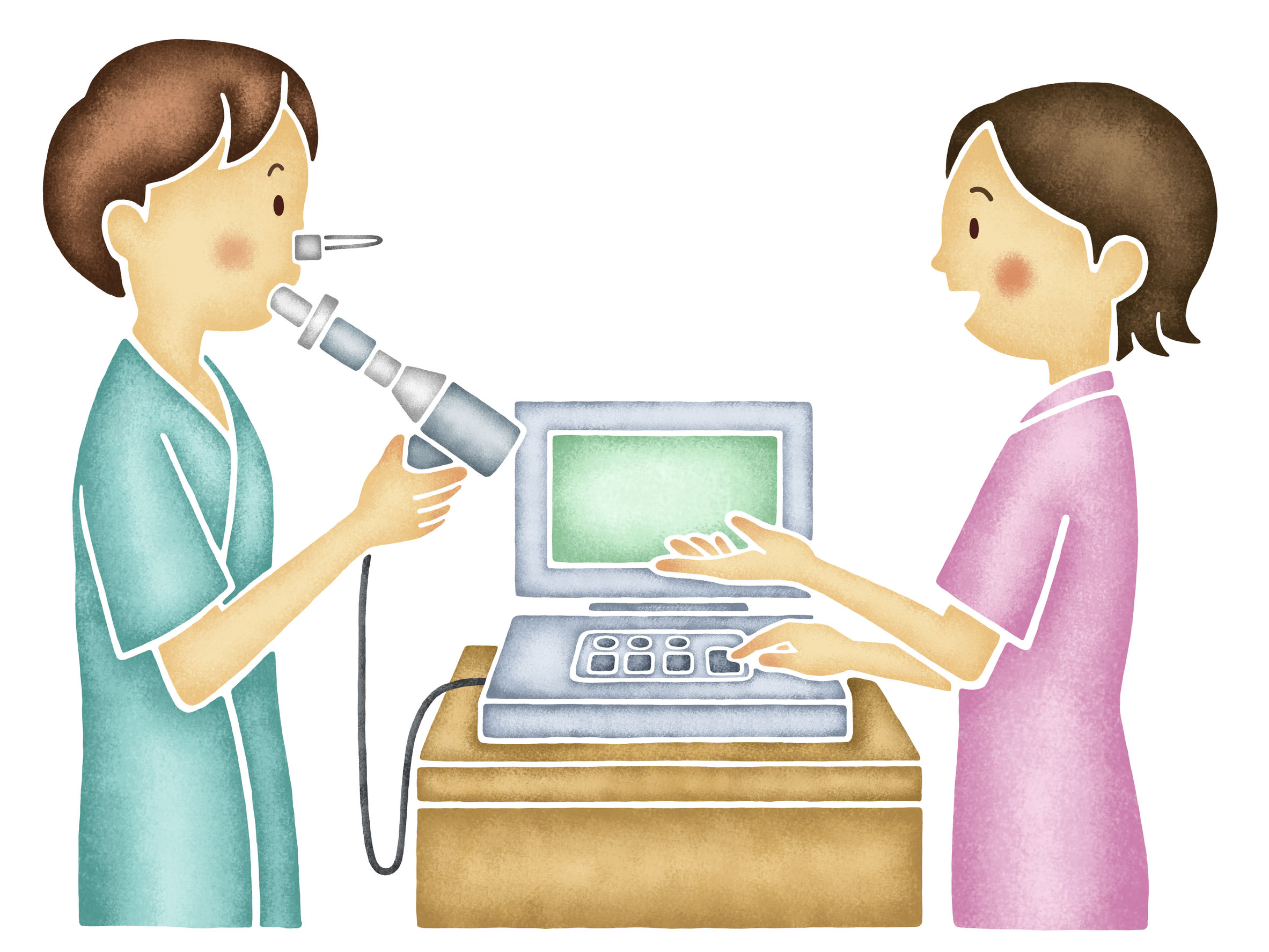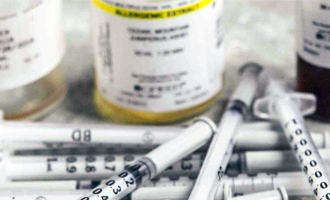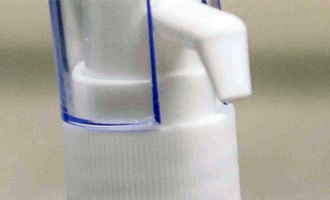
Allergy Skin Testin
Skin Tests
Allergy skin testing is the most sensitive and accurate way to diagnose the cause of allergies, including sensitivity to pollens, molds, pet dander, dust, feathers, cockroaches, foods, penicillin and the venoms of stinging insects such as wasps and fire ants.
Solutions extracted in a laboratory from an allergen (a substance which may cause an allergic reaction) is pricked or injected into the skin. Reactions occur within 15 minutes; itching, redness and swelling at the skin test site indicate a positive reaction. In this case, we apply an anti-itch cream after the tests to quickly lessen the irritation.
Using the procedures in our office, most people do not find allergy skin testing painful. In fact, we are usually able to test even young children without significant discomfort.
Skin Prick Tests
These tests may be performed on the back or forearm. First, we clean the area with alcohol and make marks on the skin with a pen to identify the various allergens. We then use a small plastic device with a point that has been dipped into an allergen solution to make a tiny prick of the skin, making a separate prick for each allergen solution. After 15 minutes, we measure the swelling and redness at each prick site. Most people say the prick test feels like getting touched with the point of a pencil or a fingernail.
Intradermal Skin Tests
Sometimes, if a prick test is negative to a particular allergen that is strongly suspected, a more sensitive intradermal testing is done. Intradermal testing is NOT done when testing for food allergy. A small amount of allergen extract is injected with a tiny needle under the skin of the upper arm, and we measure swelling and redness after 15 minutes.
We usually apply an anti-itch cream to the site of any positive reactions, which immediately lessens itching. Skin test reactions usually fade within one to two hours. Most people feel fine after skin tests and can return to work or school.
Results:
Immediately after skin tests are completed you will meet with our providers (Dr. Lieberman or Jill Apodaca, NP) to discuss the results and treatment plan. You will be provided with a sheet showing your test results. Skin testing and discussion of your results usually takes 30 min to 90 minutes depending on the clinical situation.
Medications that Interfere with Allergy Skin Testing:
These medications interfere with allergy skin tests and SHOULD BE DISCONTINUED PRIOR TO TESTING:
Antihistamines:
Seven days prior to testing, stop all over-the-counter allergy, cold and sleep medications (Allegra, Benadryl, Claritin, Clortrimeton, diphenhydramine, Zyrtec, etc.), and prescription antihistamines (Clarinex, Xyzal, etc.). This includes nasal sprays containing antihistamines, such as azelastine, Astepro, Dymista and Patanase.
Antidepressants:
- Older antidepressants like Elavil (amitryptyline) should be stopped for 2 weeks prior to testing — please do NOT stop your medication without first consulting with the prescribing physician.
- Newer antidepressants (Prozac, Zoloft, etc.) do not interfere with testing and therefore do not need to be stopped.
Most medications do not interfere with skin testing and may be continued.
Do Not Stop The Following:
- Cortisone nasal sprays (fluticasone, Nasonex, Nasacort AQ, Rhinocort, Veramyst, etc.)
- Asthma medications (Albuterol, Flovent, Singulair, Advair, etc.)
- Antibiotics
- Eye drops for allergy (Patanol, Elestat, Zaditor, etc.)
- Decongestants (Sudafed, Sudafed PE, etc.)
- Oral steroids (Prednisone, Medrol, Prelone, etc.)
- Birth control pills
- Medicines for other conditions such as diabetes, arthritis, reflux, high blood pressure, etc.
We Do Not Perform Skin Testing on the Following Patients:
- Women should not be skin tested if they are or may be pregnant
- Patients taking beta blocker medications on a daily basis should not be skin tested or take allergy shots.
The use of beta blocker medications (which may be prescribed for high blood pressure, heart conditions, glaucoma, migraine prevention, etc.) may hinder the effectiveness of treating systemic reactions to allergy skin testing or immunotherapy. We will be unable to skin test patients who have been prescribed beta blocker medications, but these patients are eligible for allergy blood tests. Ask your pharmacist, prescribing physician or one of our nurses if you are not sure if your medication is a beta blocker. Discover More about Beta Blockers.




